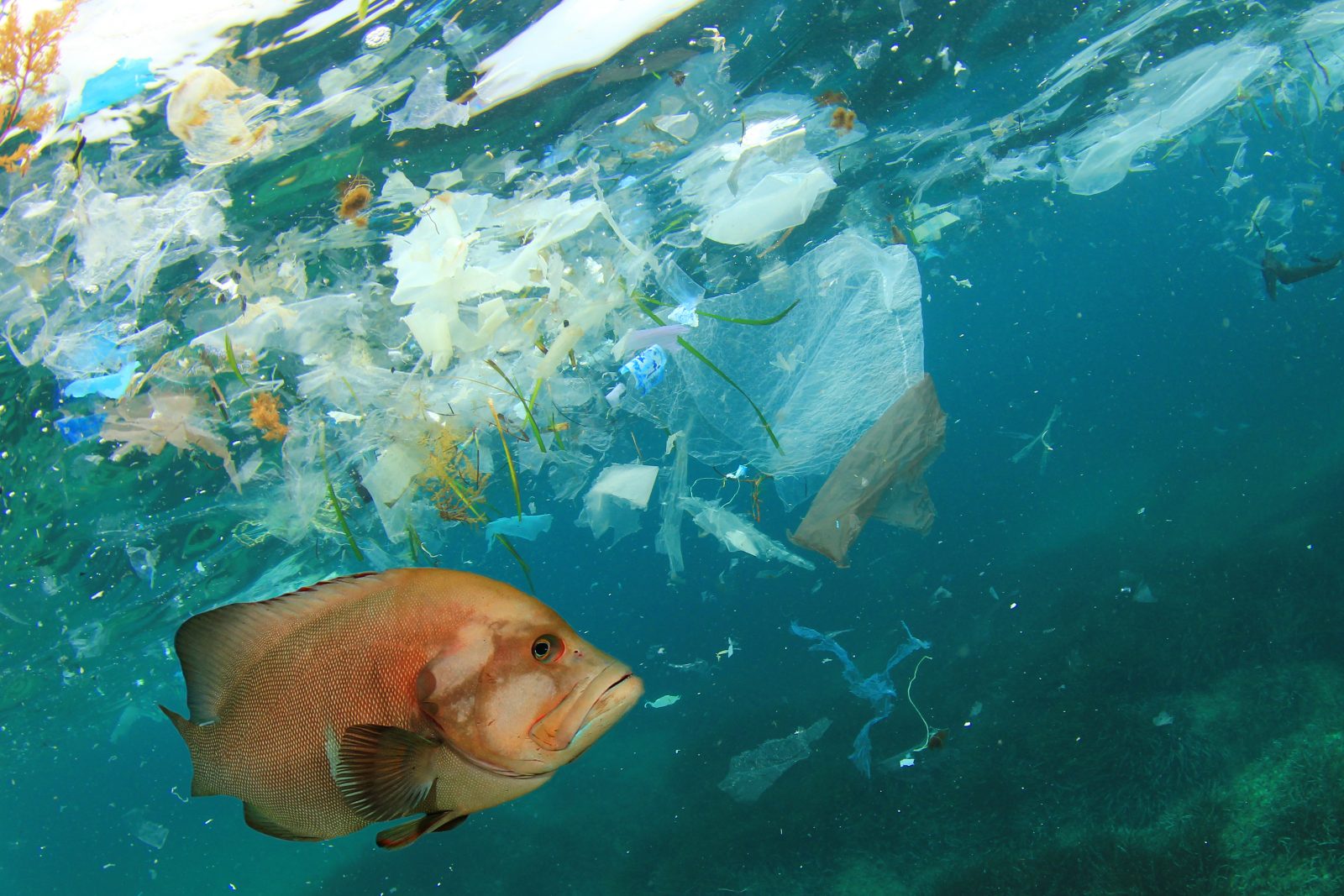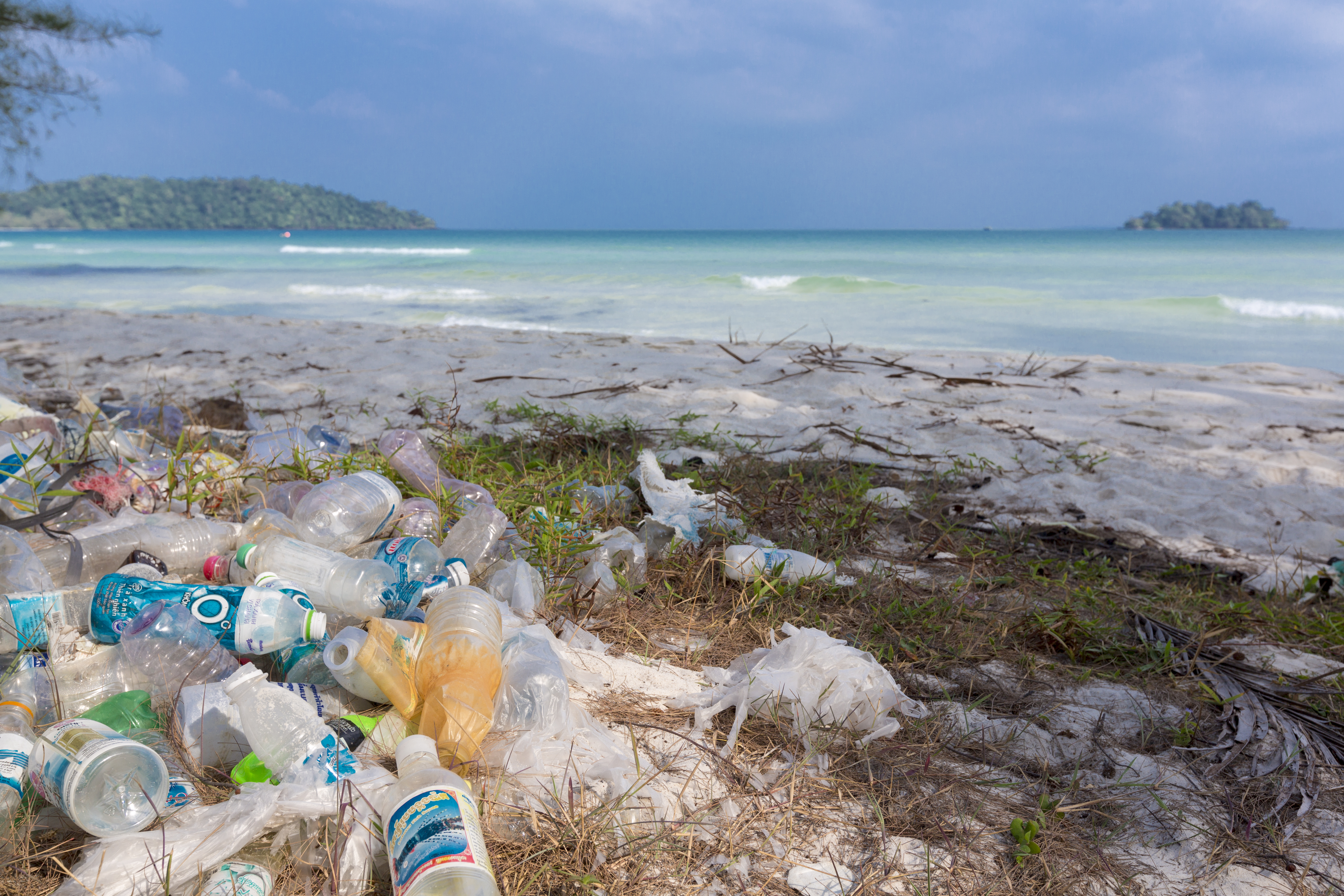Approximately 8 million tons of plastic litter enters the ocean every year, threatening marine wildlife and ecosystems, human health, and coastal livelihoods. It is a transboundary problem requiring global coordination and a long-term solution focused on prevention. To bridge the gap between international governance structures and the management of plastic litter in the world’s oceans, the Norwegian Ministry of Foreign Affairs has earmarked $7.5 million USD for an initiative led by the World Wide Fund for Nature (formerly World Wildlife Fund; WWF) network to address the problem. The three-year grant supports the WWF’s No More Plastic in Our Oceans initiative via WWF-Norway.

The WWF network in general has done a significant amount of ocean-related work including developing new technology to address ocean conservation, working with stakeholders to increase sustainable fishing, rebuilding resilient coastal ecosystems, and helping safeguard the Arctic. No More Plastic in Our Oceans is another component to creating and maintaining healthy oceans on the planet.
This particular initiative has been made possible due to the original investment and leadership by WWF-Norway, which has been instrumental in creating the initiative strategy and will drive the global project. Though components of the program have been seeded over the years, this funding allows it to scale significantly. It has a network-wide focus and currently includes active participation of offices in Germany, Hong Kong, Indonesia, the Netherlands, Norway, Pakistan, the Philippines, Thailand, Singapore, and Vietnam as well as the WWF’s Regional Office of Africa.
“A couple years ago, we saw this problem growing in Norway, and it was also becoming one of the large global environmental problems as well,” said Eirik Lindebjerg of WWF-Norway, noting that many WWF offices recognized a similar situation. “We had very committed offices all over the world ready to make a global change and the fact there are funding opportunities made it possible for us to start this program that has an extremely ambitious goal. But I think there is so much attention around the issue and there is so much willingness to do something.”
Lindebjerg recently stepped into the position of global plastics policy manager on behalf of the WWF network. He has been with WWF-Norway for three years and will provide leadership and support for the internal development and external implementation of the WWF’s policy and advocacy work to find a plastic pollution solution.

No More Plastic in Our Oceans will focus on four key areas: global governance, producer responsibilities, plastic pollution-free cities, and program development in Africa. The WWF’s goal is to use progress in each area to leverage change in the other areas in order to rapidly scale and spread progress and solutions.
- Joint advocacy for a new global treaty: The WWF aims to address the gap in governance for managing marine litter by advocating for a new global, legally binding agreement with the overarching goal of eliminating plastic pollution in oceans. This will require strengthening national regulations, which the WWF will support through workshops for policy development and capacity building for civil society, advocating with policymakers, providing scientific background and analysis, and creating public awareness of the issue.
- Holding producers responsible: The WWF and its partners will work to ensure major producers of plastic products take a greater share of responsibility for reducing waste and implement proper waste management protocols. The organization will explore best practice cases and produce studies analyzing the importance of implementing extended producer responsibility schemes in 10 targeted countries.
With this information in hand, the WWF will then advocate for government legislation that puts more responsibility on the private sector. Extended producer responsibility provides an opportunity for increased and effective waste reduction, collection, re-use, and recycling. - Minimizing plastic pollution in cities: About 80 percent of plastic litter entering the ocean stems from land-based sources, and cities are major leakage points. The WWF will implement a plastic pollution-free, 10-point city plan working with the tourism, health, social development, and fishery sectors in five pilot cities and then scale up to the cities that are the biggest leakage points for marine litter.
“We’ll work in areas where it is possible to have a zero-plastic pollution goal at the local level and pilot different solutions — because there will be different solutions — but once we’ve shown that’s possible in some areas, we’ll be able to share that experience and get more areas on board,” Lindebjerg said. “Hopefully we’ll be able to create a global movement around that.” - Development work in Africa: The WWF seeks to understand the plastic pollution problem in Africa and its impact on food security, marine life, and environmental quality while also identifying gaps in governance frameworks at all levels. At the end of the first year, the WWF in Africa plans to develop a long-term strategy to address marine litter and micro-plastics in Africa.
This article is part of an Adventure Travel Trade Association (ATTA) initiative addressing important topics identified as critical to the protection and continued advancement of the adventure travel industry. Each initiative — eliminating plastics, women in leadership, climate action, and young leaders — has a dedicated team focused on building awareness of, advancing educational opportunities in, and creating a lasting impact on each of these areas within the adventure travel industry. We invite you to visit the ATTA’s initiatives page where you can access reports, read the latest news, participate in active projects, and join conversations within the membership community.
